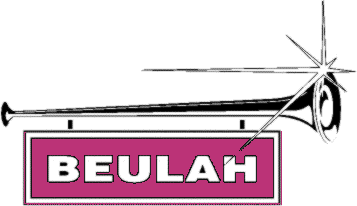|
"The Beulah
record label has always been one of the most idiosyncratic, and
therefore perhaps most interesting, of reissue marques. While the basic
character of Beulah remains the same as in its Compact Disc days, the
range of its present catalogue, driven now by the ease of downloading,
has been extended in remarkable fashion. Browsing the Beulah catalogue
is now rather like being in a 78rpm record shop: there are plenty of
recordings of short pieces available to whet your appetite for either
repertoire or artist, while at the same time there are numerous full
length works available if you wish to consolidate your collection with,
for instance, major symphonies. All of Beulah's transfers, as might be
expected of a distinguished reissue label, are of very high quality."
David Patmore writing in Classical
Recordings Quarterly
|
Britsh Music at Beulah
In
June 1979 a small group of people (including Beulah's founder), with a
passion for British music, met under the chairmanship of Peter
Middleton, to discuss how such music may become better known. At that
time, apart from a few favourites, very little British Music was
broadcast or recorded. The meeting ended with the formation of the British Music Society
which this month celebrates its 40th anniversary with a gala
concert in St John's, Smith Sqaure, London.
This month we have created a page
listing Beulah albums featuring British
Music
New for June
Many music lovers miss the sound
from vinyl pressings.
Many others have yet to discover how pleasant the sound can be.
Most of our albums are mastered from vinyl LP pressings and earlier
recordings (before 1953) from 78 rpm discs. It is our ability to
recreate, in the digital age, the sound from the disc era that many of
our customers find most enjoyable.
Unlike modern digital recordings
tracks in our
albums do contain some distortion, and the occasional surface noises,
but for many listeners these "defects" are soon forgotten.
Our albums are available from
many download and
streaming sites.
We highly
recommend downloading from  where you can download or stream in high quality, for
the
same price as iTunes medium quality. where you can download or stream in high quality, for
the
same price as iTunes medium quality.
New albums
"No, that’s not the Ronald Binge Elizabethan
Serenadebut some of Julian Bream’s ground-breaking recordings on solo
lute and with his eponymous consort. Styles change and neither the solo
nor the consort music would be thought authentic now, but Bream’s
recordings from this period remain enjoyable and interesting. Like all
his output, they have remained only fitfully available on CD, so I’m
pleased to have snapped most of them up when they were available in the
RCA Julian Bream Edition.
Even the multi-CD box set has gone, so the Beulah release is very
welcome.
"Where the Beulah selection scores over all these is
in presenting the lute music alongside the consort music, alternating
on the first 15 tracks, with the rest devoted to Bream alone.On the
other tracks, some of the consort pieces such as Can she excuse my
wrongs?are made to sound almost like jazz."
Brian Wilson at Musicweb
International
"Can recordings of Telemann from the early 1960s still sound
stylish? The first three items first appeared in 1963 on the Cantate
label and were joined on the super-budget Oryx label (£0.99) a decade
later. Not only was that reissue excellent value –though the
equivalentpricenow would be over £20 –the performances still sounded
fine and they still do. Of course, there’s much more Telemann available
now, with multi-CD releases from the likes of CPOalmost everyday
occurrences, but I enjoyed the German Bach Soloists as much more than a
blast from the past.
"The Triple Concerto, TWV53:E1, is familiar from more recent
recordings, most recently from Florilegium on a Channel Classics
recording which failed to appeal to Johan van Veen. He was rather more
satisfied with the CPO recording on Volume 1 of their series of
Telemann grand concertos for multiple instruments.
You might expect direct comparison of the older recording on Beulah
with the CPO to be a hands-down win for the newer version; in fact,
though I liked the CPO better than my colleague, I’d find it hard to
callthe scorebetween the two.In particular, the first movement is taken
at a more andantepace on the older recordingwhilethe
performancesthroughout the CPO are a little easy-going."
"The recording of the Hamburger Ebb’und Fluth, commonly known
as his Water Music, presumably comes from a Concert Hall LP, conductor
David Josefowitz’s own company. I take the Paris Baroque Orchestra to
have been a scratch ensemble.
" Again, the playing is much sprightlierand more stylish than I
had expected, even by comparison with
Reinhard Goebel’s recording, the speed merchant toning down his
impetuosity here, even in the final canarie representing the jolly
boatmen. I wouldn’t recommend the Beulah as my first choice, but it can
stand comparison with my favourites from the King’s Consort (Hyperion
CDA66967) and the Akademie für alte Music Berlin (Harmonia Mundi
HMC901917)."
Brian Wilson at Musicweb
International
|
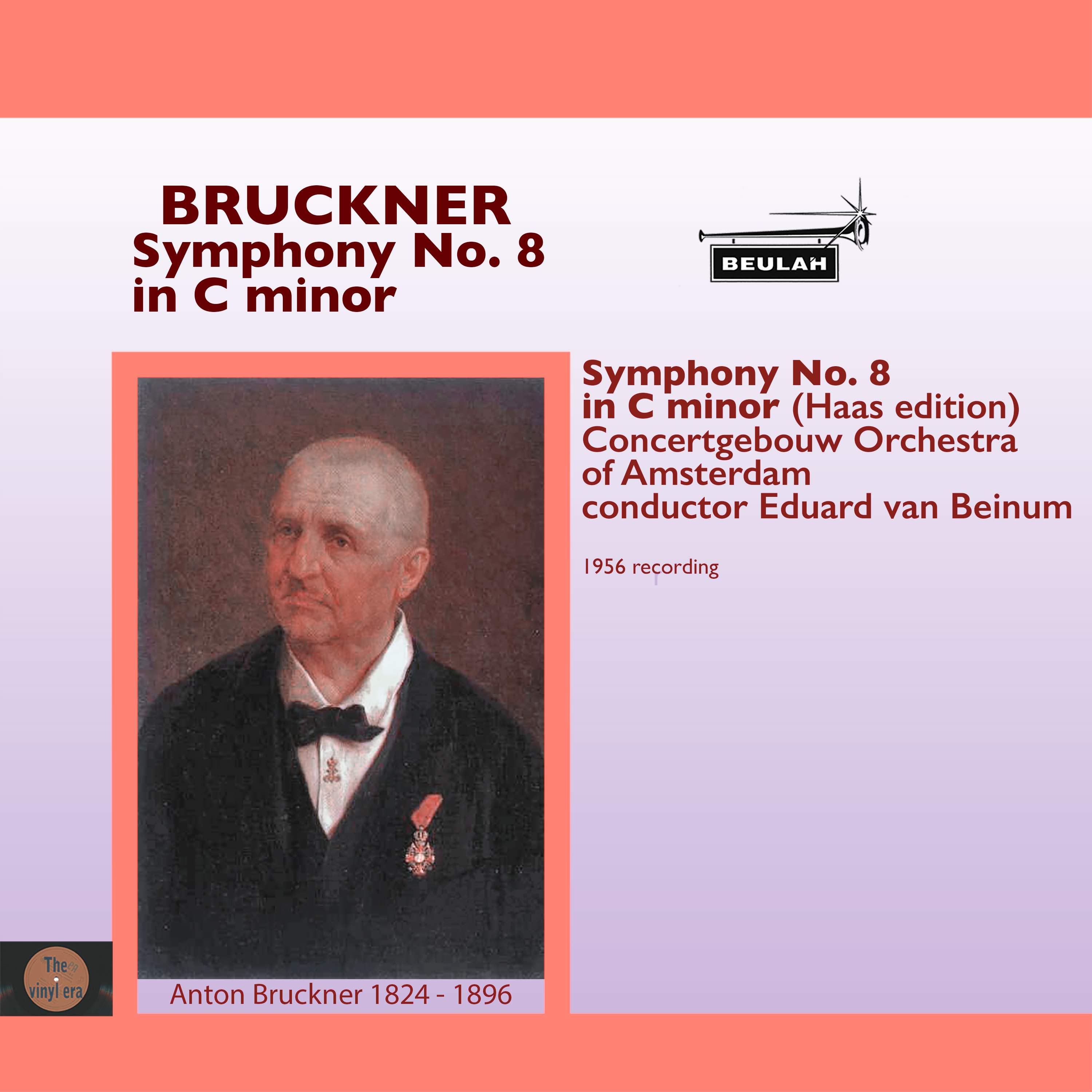
|



|
|
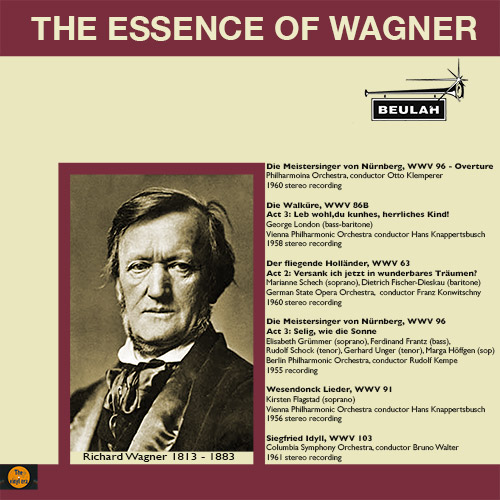
|
coming soon
|
|
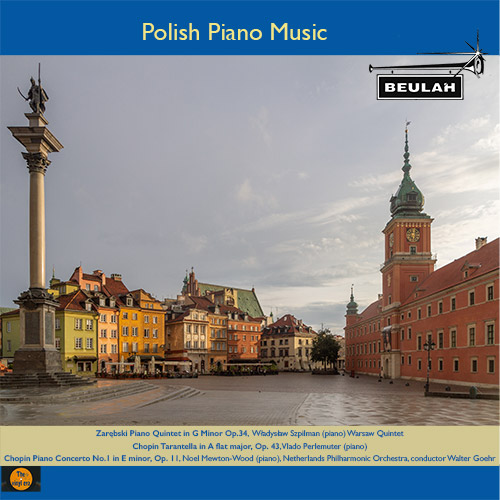
|
coming soon
|
|
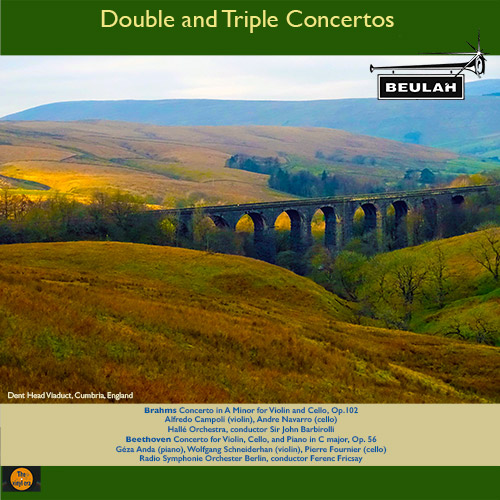
|
coming soon
|
|
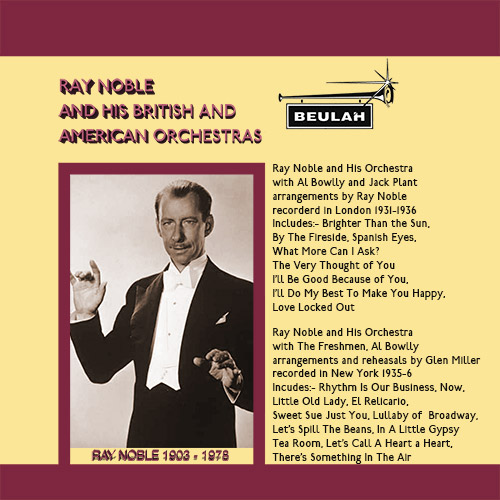
|
coming soon
|
What the Critics Say
"The music is rarely recorded; I believe these two
accounts emanate from David Josefowitz’s own enterprising Concert Hall
label which, among other things, brought Kurt Equiluz to prominence –
he’s by far the best thing on this reissue. Neither work represents
Beethoven at his best, as he is in the Choral Symphony and Missa
Solemnis, but both are worth having in these forthright performances,
that of Christus am Ölberge at least as good as the Vox
Turnabout from which I got to know the work, also recorded in the early
1960s ."
Brian Wilson at Musicweb
International
"I’m not sure when the Bashford items were recorded,
but the ‘Captain’ offers a clue – the many later recordings were by
Major and Lt.
Colonel Rodney Bashford, so I’m guessing early 1960s. I welcome the
fact that, as with the other items, the emphasis is on the music rather
than its martial character.
"Vivian Dunn made recordings from the early 1940s;
by 1963 when, I believe, this recording was made, he was Lt. Colonel
Sir Vivian Dunn. He was as much a musician as a military man and his
contributions to this release should appeal to lovers of classical
music as much as to collectors of militaria."
Brian Wilson at Musicweb
International
"We were not short of modern recordings of the two
major works, the Piano Concerto and the Downland Suite but the Horsley
recording of the former and the
Foden premiere of the latter are rather special, so I have not
attempted any comparisons.
"The Horsley recording of the concerto is otherwise
available only on a 2-CD Warner download or from a label of doubtful
validity. The recording has transferred well; the original was not of
the best, even for 1957, and I don’t believe it was ever available in
stereo, but it’s all perfectly tolerable. Horsley had long been
associated with the work and he has its measure, with poetry and
showmanship well balanced, as AR’s perceptive Gramophone original
review noted.
"The sonata is of more recent provenance, made by
Saga, though neither it nor The Holy Boy are exactly hi-fi. ...a rare
opportunity to hear Tessa Robbins, one of the greatest violinists of
her time, here very well supported by Alan Rowlands.
"Saga LPs had notoriously bad surfaces but they have
been well tamed here, as have those of the 1932 Downland Suite, which
has come up amazingly well for its age, bright and chipper and still
competitive with Black Dyke (Chandos) and the very few other recordings
of the band version. items, the emphasis is on the music rather
than its martial character."
Brian Wilson at Musicweb
International
"The Piano Sonata was recorded by Marguerite Wolff,
one of whose specialities was championing the music of Bliss and
Malcolm Williamson, for the obscure Academy label (ACM1). The
performance is idiomatic but I didn’t find myself coming to terms with
the music as much as I had hoped and the recording is rather harsh.
"These recordings of the Quintets, originally
released by EMI subsidiary World Record Club, are otherwise available
only as part of an 11-CD box set of Melos Ensemble recordings (Warner
Icons). Attractive and inexpensive as that is, the Beulah release
offers the recordings in a more manageable format. The performances
were supervised and approved by the composer. The music is more
immediate in appeal, though by no means facile, and the recording has
come up well in the new transfer...these quintets are well worth
getting to know and the Beulah is a good way to do so."
Brian Wilson at Musicweb
International
"Those in search of the Elgar and VW will find this
outstandingly good value. To the contents of the classic 19621
recordings Beulah have added lively accounts of the Sullivan and Arnell
– neither anywhere near the quality of the main works, but not exactly
over-recorded: the only other current account of the Arnell (Dutton) is
of the complete ballet.
"The Beulah transfer of these classic recordings
which
deserve to be preserved for all time is very good. How could I not
award it ‘recommended’ status? Only those averse to the trolley bus on
the cover, now something as classic as these recordings, need say no.
" Each of the four main works is music to die for
and
these de-luxe recordings remain far and away the benchmarks for them.
If you needed proof that the Tallis Fantasia is even more ethereal than
the popular The Lark Ascending, this is it."
Brian Wilson at Musicweb
International
|
